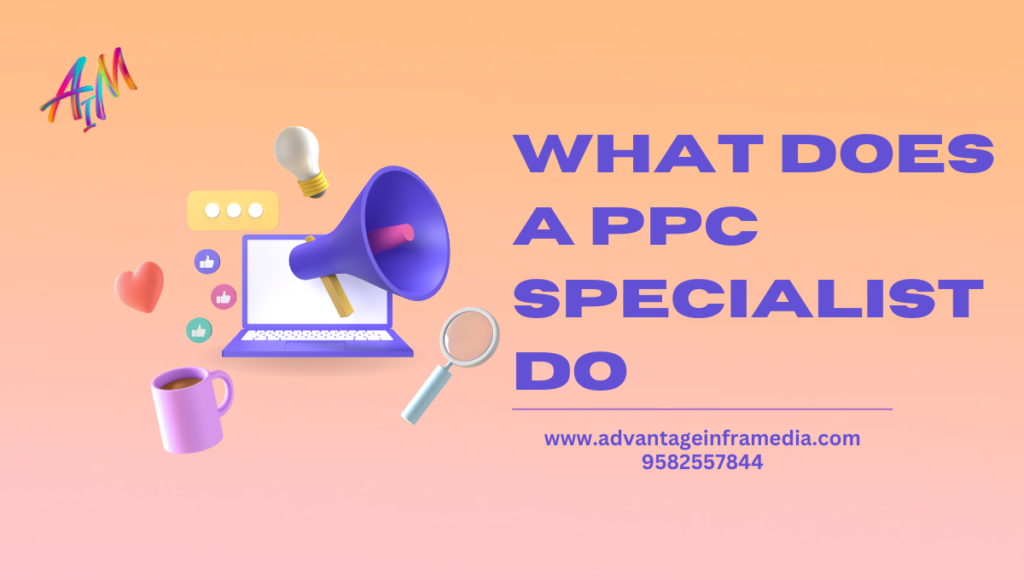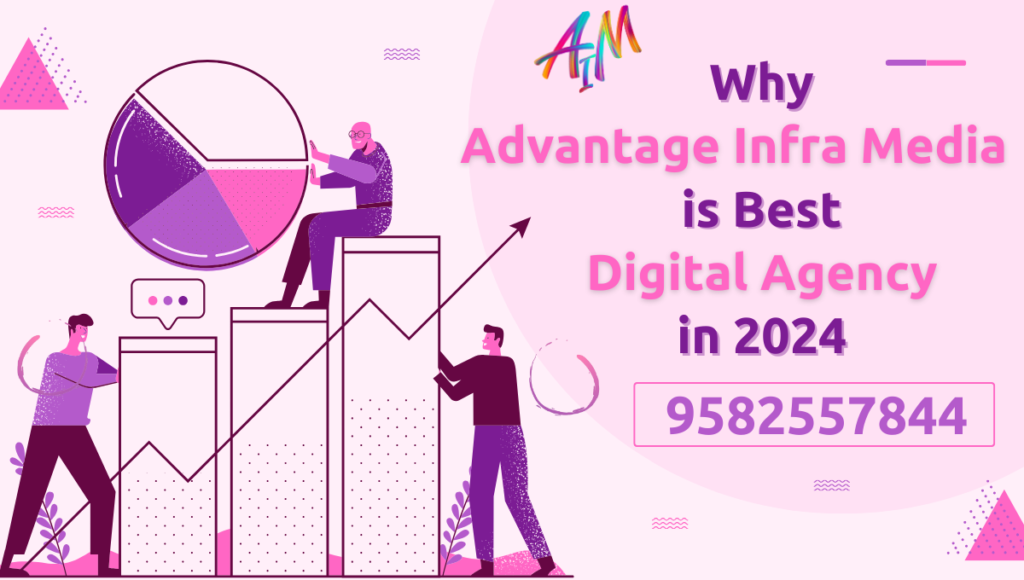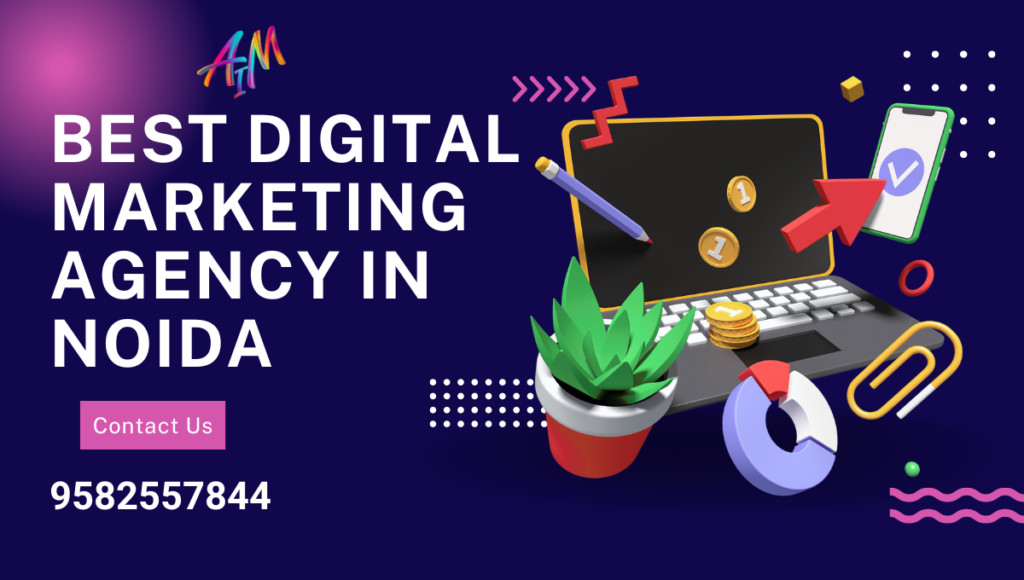Introduction to PPC
Before diving into the specifics of a PPC specialist’s role, it’s essential to understand the basics of PPC advertising. PPC is an online advertising model where advertisers pay a fee each time one of their ads is clicked. It’s a way of buying visits to your site rather than attempting to earn those visits organically. Popular platforms for advertising include Google Ads, Bing Ads, Facebook Ads, and LinkedIn Ads.
Key Components of PPC Advertising
- Keywords: The foundation of any PPC campaign. Keywords are the terms and phrases that users type into search engines. The goal is to bid on keywords that are relevant to the business and have a high chance of conversion.
- Ad Copy: The text or visual content of the ad that users see. It needs to be compelling and relevant to encourage clicks.
- Landing Pages: The web page where users land after clicking an ad. It should be designed to convert visitors into customers or leads.
- Bidding Strategy: The amount of money an advertiser is willing to pay for each click. This can be manually set or automated.
- Quality Score: A metric used by Google Ads to determine the relevance of your ad to the keyword, impacting the cost per click and ad positioning.
2. The Role of a PPC Specialist
A PPC specialist is responsible for managing and optimizing these elements to ensure that a business’s online ad campaigns are successful. Their primary goal is to achieve the highest possible return on investment (ROI) by increasing clicks, conversions, and ultimately, sales or leads.
2.1. Campaign Strategy Development
One of the first tasks of a PPC specialist is to develop a comprehensive PPC strategy tailored to the business’s goals. This involves:
- Understanding Business Goals: A PPC specialist needs to work closely with the business or marketing team to understand the company’s objectives. Are they looking to increase sales, generate leads, promote a new product, or drive website traffic?
- Competitor Analysis: Researching competitors’ PPC strategies to identify strengths, weaknesses, and opportunities. This helps in positioning the business’s ads effectively.
- Audience Targeting: Identifying the target audience based on demographics, interests, behavior, and other factors. The specialist determines where and how to reach the audience most effectively.
2.2. Keyword Research and Selection
Keyword research is a crucial aspect of PPC management. The PPC specialist uses various tools and techniques to identify the best keywords for the campaign:
- Keyword Tools: Utilizing tools like Google Keyword Planner, SEMrush, and Ahrefs to find relevant keywords with good search volume and low competition.
- Long-Tail Keywords: Focusing on longer, more specific phrases that are often less competitive but highly targeted.
- Negative Keywords: Identifying and excluding keywords that are irrelevant or likely to attract low-quality traffic.
2.3. Ad Creation and Optimization
Creating compelling ad copy and visuals is essential for attracting clicks. A PPC specialist is involved in:
- Writing Ad Copy: Crafting concise, persuasive, and relevant ad copy that resonates with the target audience.
- A/B Testing: Running different versions of ads to see which performs better, refining the ad copy and visuals based on performance.
- Ad Extensions: Adding extensions like site links, call buttons, or additional information to make ads more informative and clickable.
2.4. Landing Page Optimization
The journey doesn’t end when a user clicks on an ad; the landing page plays a critical role in converting clicks into customers. A PPC specialist ensures that:
- Landing Pages are Relevant: The content on the landing page matches the ad’s promise and provides a seamless user experience.
- Conversion Rate Optimization (CRO): Implementing best practices in design, layout, and content to maximize the conversion rate on landing pages.
- A/B Testing for Landing Pages: Just like with ads, testing different landing page designs and content to see what converts best.
2.5. Campaign Monitoring and Adjustment
Once the campaign is live, continuous monitoring and adjustment are necessary to ensure it performs well:
- Performance Tracking: Using analytics tools to monitor key metrics such as click-through rate (CTR), conversion rate, cost per click (CPC), and return on ad spend (ROAS).
- Bid Management: Adjusting bids on keywords to ensure the best possible ad position without overspending.
- Budget Management: Ensuring the campaign stays within budget while still achieving desired results. This may involve reallocating funds to better-performing ads or keywords.
- Real-Time Adjustments: Making real-time adjustments to campaigns based on performance data. This could mean pausing underperforming ads, increasing bids on high-converting keywords, or refining ad copy.
3. Essential Skills of a PPC Specialist
A successful specialist needs a combination of technical, analytical, and creative skills. Here are some of the key skills:
3.1. Analytical Skills
A PPC specialist must be comfortable with data analysis. This involves interpreting large amounts of data from various sources to make informed decisions:
- Data Interpretation: Understanding metrics like CTR, CPC, conversion rate, and ROAS, and knowing how to improve them.
- Google Analytics: Proficiency in Google Analytics to track user behavior and campaign performance.
- A/B Testing: Setting up and analyzing A/B tests to continually improve ad performance.
3.2. Technical Skills
The technical side involves setting up campaigns, managing bids, and using various tools:
- Google Ads and Bing Ads: In-depth knowledge of these platforms, including advanced features like automated bidding and audience targeting.
- SEO Understanding: A basic understanding of SEO helps in creating ads and landing pages that complement organic search efforts.
- Tag Management: Using tools like Google Tag Manager to track conversions and user interactions.
3.3. Creativity
Creativity is crucial for crafting compelling ads that stand out in a crowded digital landscape:
- Ad Copywriting: The ability to write persuasive, concise, and engaging ad copy.
- Design Sense: While not always required to design ads, a good sense of design helps in creating visually appealing ads and landing pages.
- Innovative Thinking: Constantly coming up with new ideas to test and implement in campaigns.
3.4. Communication Skills
Effective communication is essential, especially when working with clients or team members:
- Client Interaction: Clearly explaining the strategy, performance, and ROI to clients who may not be familiar with PPC.
- Team Collaboration: Working with designers, developers, and content creators to ensure cohesive campaigns.
4. Tools of the Trade
PPC specialists rely on a variety of tools to perform their jobs effectively. These tools help in keyword research, ad creation, performance tracking, and more.
4.1. Keyword Research Tools
- Google Keyword Planner: A free tool that provides keyword ideas and search volume data.
- SEMrush: Offers in-depth keyword analysis, including competition level and potential traffic.
- Ahrefs: Another powerful tool for keyword research, offering detailed metrics and insights.
4.2. Ad Management Platforms
- Google Ads: The primary platform for creating and managing PPC campaigns on Google.
- Bing Ads: Similar to Google Ads but focused on Microsoft’s search network.
- Facebook Ads Manager: Used for managing campaigns on Facebook and Instagram.
4.3. Analytics and Reporting Tools
- Google Analytics: Essential for tracking user behavior and campaign performance.
- Google Data Studio: A tool for creating detailed, customizable reports.
- Conversion Tracking Tools: Tools like Google Tag Manager and various third-party platforms help track conversions and user interactions.
4.4. Bid Management Tools
- Automated Bidding: Both Google Ads and Bing Ads offer automated bidding options to optimize bids in real-time.
- Third-Party Tools: Platforms like Kenshoo or Marin Software provide advanced bid management features for larger campaigns.
5. Challenges Faced by PPC Specialists
The role of a PPC specialist is not without its challenges. From keeping up with algorithm changes to managing tight budgets, PPC specialists need to navigate various obstacles:
5.1. Algorithm Updates
Search engines frequently update their algorithms, which can impact ad performance. A specialist needs to stay informed about these changes and adapt strategies accordingly.
5.2. Budget Constraints
Many businesses have limited budgets for PPC, making it crucial to allocate funds wisely. A specialist must ensure that every dollar spent is optimized for maximum return.
5.3. Competitive Markets
In highly competitive industries, CPCs can be extremely high, making it difficult to achieve a good ROI. PPC specialists must find creative ways to outperform competitors, such as targeting long-tail keywords or using more specific audience segments.
5.4. Keeping Up with Trends
Digital marketing is a rapidly evolving field, with new tools, platforms, and strategies emerging regularly. PPC specialists need to continuously educate themselves to stay ahead of the curve.
6. The Impact of a PPC Specialist on Business Success
A skilled PPC specialist can have a significant impact on a business’s success. Here’s how
6.1. Driving Targeted Traffic
PPC specialists are experts in directing the right kind of traffic to a website. Unlike organic search, which may bring in a broad range of visitors, PPC allows for precise audience targeting. By using specific keywords, demographics, and even retargeting ads to users who have previously visited the site, a PPC specialist ensures that the traffic coming to a website is more likely to convert. This targeted approach reduces wasted spend and increases the chances of achieving the business’s marketing goals.
6.2. Enhancing Brand Visibility
One of the significant advantages of PPC advertising is the immediate visibility it provides on search engines and other platforms. For new businesses or those looking to break into a competitive market, PPC can be a game-changer. A PPC specialist ensures that a business’s ads are seen by the right people at the right time, which can significantly enhance brand awareness. Over time, consistent visibility can lead to increased brand recognition and trust, even if users don’t click on the ads immediately.
6.3. Increasing Conversion Rates
A well-executed PPC campaign doesn’t just bring visitors to a website—it brings the right visitors who are more likely to convert. PPC specialists focus on creating ads and landing pages that are closely aligned with user intent, which is crucial for driving conversions. By continuously optimizing ad copy, keyword selection, and landing page design, a PPC specialist can significantly improve conversion rates, leading to more leads, sales, or other desired actions.
6.4. Providing Measurable Results
One of the key benefits of PPC advertising is its measurability. Unlike some traditional forms of advertising where the impact can be hard to quantify, PPC provides clear and detailed metrics. PPC specialists use these metrics to measure the success of campaigns and make data-driven decisions. Metrics such as CTR, CPC, conversion rate, and ROAS offer valuable insights into how well the ads are performing and where improvements can be made. This transparency allows businesses to see exactly where their money is going and what return they are getting, making it easier to justify marketing spend and allocate budgets effectively.
7. The Future of PPC and the Evolving Role of the PPC Specialist
The digital marketing landscape is continuously evolving, and PPC is no exception. As technology advances and consumer behaviors shift, the role of the PPC specialist will continue to adapt. Here are some trends and future developments that could shape the future of and the responsibilities of PPC specialists.
7.1. Automation and AI
Automation is already playing a significant role in PPC advertising, and this trend is only expected to grow. AI-driven tools are becoming increasingly sophisticated, allowing for more efficient bid management, audience targeting, and even ad creation. For PPC specialists, this means that the focus will likely shift from manual tasks to more strategic roles. Specialists will need to learn how to effectively use these AI tools to enhance their campaigns while still applying the human touch where it counts.
7.2. Voice Search and Visual Search
As voice-activated devices like Amazon Echo and Google Home become more prevalent, voice search is set to impact strategies. PPC specialists will need to adapt their keyword strategies to accommodate the longer, more conversational queries that are typical of voice search. Similarly, visual search is becoming more common, particularly on platforms like Pinterest and Google Lens. specialists may need to optimize their campaigns for image-based searches, which could involve using different keywords or creating more visual ads.
7.3. The Rise of Video Advertising
Video content continues to dominate online platforms, and PPC is no exception. Video ads on platforms like YouTube, Facebook, and Instagram are becoming increasingly popular. For PPC specialists, this means learning how to create engaging video ads and understanding the metrics that matter most for video content, such as view-through rate and video completion rate. As video continues to grow, specialists will need to develop strategies that integrate video ads into their overall campaigns effectively.
7.4. Privacy and Data Regulations
With increasing concerns over privacy and data security, regulations like the General Data Protection Regulation (GDPR) in Europe and the California Consumer Privacy Act (CCPA) in the United States are influencing how digital advertising operates. PPC specialists need to be aware of these regulations and ensure that their campaigns comply. This could involve changes in how data is collected and used for targeting ads, making transparency and ethical practices more critical than ever.
7.5. Cross-Platform Campaigns
As consumers use a variety of devices and platforms to browse the internet, PPC campaigns are becoming more complex. PPC specialists will need to manage cross-platform campaigns that include search engines, social media, video platforms, and even apps. Understanding how to optimize campaigns for each platform and how to create a cohesive strategy that ties them all together will be increasingly important.
8. How to Become a PPC Specialist
If you’re interested in becoming a specialist, there are several steps you can take to build the necessary skills and experience:
8.1. Education and Training
While a formal degree in marketing, business, or a related field can be beneficial, it’s not always required to become a PPC specialist. Many successful specialists come from various educational backgrounds but have gained expertise through training and experience. Online courses and certifications, such as those offered by Google Ads, HubSpot, and SEMrush, can provide valuable knowledge and credentials.
8.2. Gaining Experience
Practical experience is crucial in the PPC field. Start by managing small campaigns for a business or as a freelancer. This hands-on experience will help you understand the intricacies of campaign management, keyword research, and ad creation. Over time, you can take on more complex campaigns and larger budgets, building your portfolio and expertise.
8.3. Staying Updated with Industry Trends
The digital marketing industry is constantly evolving, and staying updated with the latest trends and tools is essential for success as a PPC specialist. Follow industry blogs, attend webinars, and participate in online forums to keep your skills sharp and knowledge current.
8.4. Building Analytical and Creative Skills
A successful specialist needs a balance of analytical and creative skills. Practice analyzing data to make informed decisions, and work on your copywriting and design skills to create compelling ads. The more you can blend data-driven insights with creative execution, the more effective your PPC campaigns will be.
9. Conclusion
A PPC specialist plays a vital role in driving targeted traffic, increasing brand visibility, and boosting conversion rates for businesses. By leveraging a deep understanding of platforms, audience behavior, and data analysis, these professionals help businesses achieve their marketing goals with precision and efficiency. As the digital marketing landscape continues to evolve, the role of the PPC specialist will likely expand, incorporating new technologies and strategies to stay ahead of the competition.
For businesses looking to make the most of their online advertising efforts, partnering with a skilled PPC specialist can be a game-changer, delivering measurable results and driving growth in an increasingly competitive digital world. Whether you’re a business owner considering PPC for the first time or a marketer looking to deepen your expertise, understanding the role of a PPC specialist is essential for success in the digital age.




